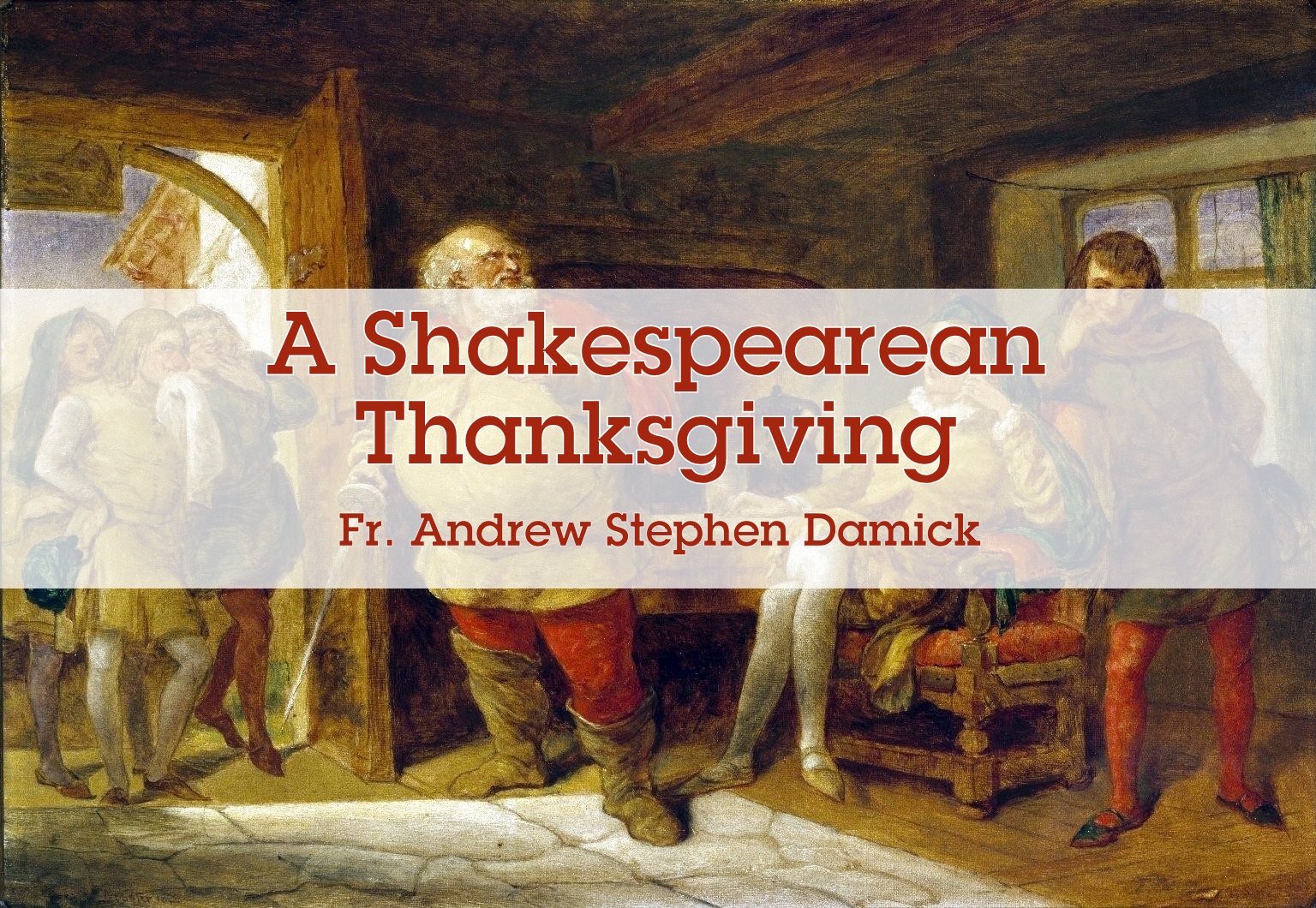RadishRose
SF VIP
- Location
- Connecticut, USA

I like salt. This is my favorite....
"Failing to recognize our love of salt can be our undoing. It is as true in literature as it is in life. In the opening scene of Shakespeare’s King Lear, the aged king asks his three daughters to quantify their love for him. The older daughters, Goneril and Regan, who ultimately will betray their father, flatter him with hyperbole."
"The youngest daughter, Cordelia, who truly loves him declines to answer, thinking it a silly question. When Lear insists upon a response she offers a curious reply, “I love you…as fresh meat loves salt.” Taking affront, he casts her out and divides his kingdom between his two daughters. Bad choice as it turns out."
"Later in the play, Lear comes to understand that meat does love salt; rather people love meat only if it is salted. He also comes to learn that false praise is hollow and is ultimately reunited with the virtuous but ill-fated, Cordelia. Shakespeare did not discover salt’s importance; he merely enshrined it in literature."

A Brief History of Maldon Salt’s OriginI like salt. This is my favorite....


I have to tell you, I am a loyal Stephen King fan. I have several of his books. These are only the novels and with this book, he used the pseudonym Richard Bachman because he wanted to find out if people were buying his books because of his name or his writing ability.

"“Why dost thou converse with that trunk of humours, that bolting-hutch of beastliness, that swollen parcel of dropsies, that huge bombard of sack, that stuffed cloak-bag of guts, that roasted Manningtree ox with the pudding in his belly, that reverend vice, that grey iniquity, that father ruffian, that vanity in years?” (Henry IV, Part I, II.iv)" (MORE)
They did a pretty good job with, The Green Mile too.I have to tell you, I am a loyal Stephen King fan. I have several of his books. These are only the novels and with this book, he used the pseudonym Richard Bachman because he wanted to find out if people were buying his books because of his name or his writing ability.
My favorite book was “Thinner.” Favorite movie or screenplay was “The Shawshank Redemption.” There are a few close seconds in both categories.
Are you familiar with Christopher Moore's book, Fool? It is a very well done comedy (well narrated for audio) that incorporates elements of King Lear and Macbeth, two of my favorite plays.
"Failing to recognize our love of salt can be our undoing. It is as true in literature as it is in life. In the opening scene of Shakespeare’s King Lear, the aged king asks his three daughters to quantify their love for him. The older daughters, Goneril and Regan, who ultimately will betray their father, flatter him with hyperbole."
"The youngest daughter, Cordelia, who truly loves him declines to answer, thinking it a silly question. When Lear insists upon a response she offers a curious reply, “I love you…as fresh meat loves salt.” Taking affront, he casts her out and divides his kingdom between his two daughters. Bad choice as it turns out."
"Later in the play, Lear comes to understand that meat does love salt; rather people love meat only if it is salted. He also comes to learn that false praise is hollow and is ultimately reunited with the virtuous but ill-fated, Cordelia. Shakespeare did not discover salt’s importance; he merely enshrined it in literature."
Definitely, all of King’s books that were turned into screenplays were good choices.They did a pretty good job with, The Green Mile too.
I started a new thread about this so as not to drag this one off topic as I had more to say that I realized. LOL :/Definitely, all of King’s books that were turned into screenplays were good choices.
